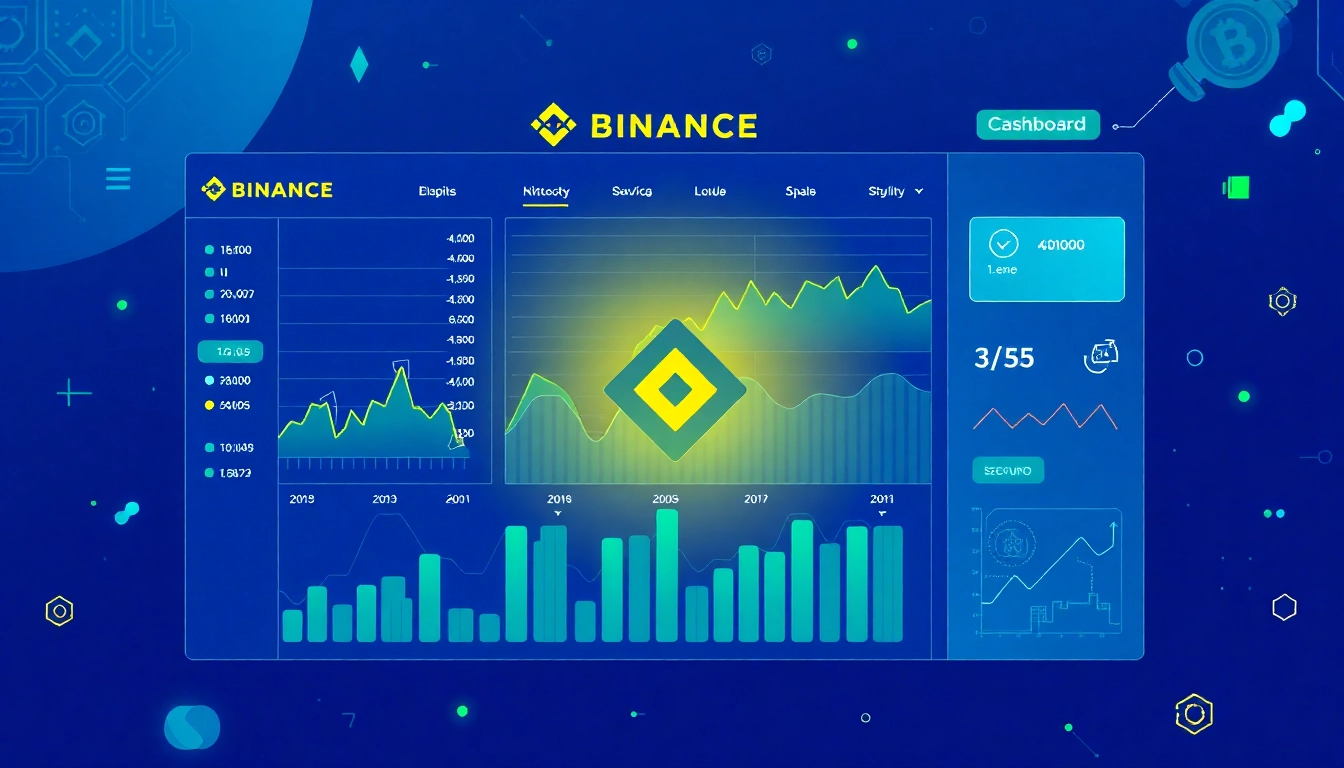Introduction to Trading View: Features and Benefits
In the competitive world of trading and investment, access to advanced analytical tools and real-time data can be the difference between success and failure. Trading view has emerged as a leading platform, empowering traders and investors worldwide to analyze markets more effectively. Its intuitive interface, comprehensive features, and social functionality make it a go-to choice for both beginners and seasoned professionals. This guide provides an in-depth exploration of Trading View, focusing on its core features, setup strategies, analytical tools, and how to leverage its capabilities to optimize your trading performance.
Understanding the Trading View Interface
The Trading View interface is designed with user experience at its core. Upon logging in, users are greeted with a customizable workspace featuring a charting area, watchlists, trading panels, and social feeds. The central charting area displays a wide array of financial instruments, including stocks, cryptocurrencies, forex pairs, commodities, and indices. Navigation is streamlined through a sidebar for market selection, a top toolbar for technical indicators, and a bottom panel for news, alerts, and social interactions.
One notable aspect is the platform’s flexibility and minimal clutter, allowing traders to focus on analysis without distraction. The interface adapts seamlessly to various devices, whether desktop, tablet, or mobile, providing consistent functionality across platforms. Moreover, advanced users can utilize split screens and multiple charts to monitor several markets simultaneously, enabling a comprehensive view of the financial landscape in real-time.
Key Features That Enhance Your Trading Strategy
Extensive Charting Tools
Trading View offers a vast selection of chart types—including candlestick, line, bar, and renko charts—alongside an array of timeframes from seconds to monthly intervals. Users can customize color schemes, grid layouts, and display settings to match their preferences. Additionally, the platform supports multiple chart layouts, allowing traders to compare assets side-by-side efficiently.
Rich Library of Technical Indicators and Oscillators
Overlay popular indicators such as Moving Averages, Bollinger Bands, RSI, MACD, Fibonacci retracements, and custom scripts. These tools facilitate in-depth technical analysis, helping traders identify trend directions, entry and exit points, and overbought or oversold conditions with precision.
Community and Social Trading
One of Trading View’s unique strengths is its active community. Traders share ideas, strategies, and insights through publicly posted charts and annotations. This social aspect promotes learning and collaboration, providing diverse perspectives and real-world trading scenarios.
Real-Time Alerts and Notifications
Set customized alerts based on price levels, indicator signals, or pattern formations. Alerts are delivered via pop-up, email, or SMS, ensuring traders never miss critical market movements, which is essential for both day traders and long-term investors.
Seamless Brokerage Integration
Trading View supports integration with numerous reputed brokerages, enabling order execution directly from the platform. This integration streamlines trading workflows and reduces latency, vital for executing timely trades, especially in volatile markets.
Setting Up Your Trading View Workspace
Customizing Charts and Layouts
Begin by selecting your preferred chart type and timeframe. Customize colors, grid visibility, and overlay indicators for optimal clarity. Save your setup as a template to maintain consistency across sessions. Use multiple tabs for different assets or strategies, switching effortlessly based on your trading plan.
Creating Watchlists and Alerts
Organize assets into watchlists tailored to your trading focus—be it stocks, cryptocurrencies, or commodities. Set alerts for target price levels or indicator signals to receive timely notifications. This proactive approach allows for quick decision-making and reduces emotional trading.
Integrating Trading View with Brokers and Apps
Link your brokerage accounts to enable direct trading from Trading View. This requires authorization via API or supported integrations. Additionally, synchronize your account with mobile apps or desktop software for consistent access and management across devices.
Technical Analysis with Trading View
Using Indicators and Oscillators Effectively
Combine multiple indicators to confirm signals; for example, use RSI to identify overbought conditions alongside MACD for trend momentum. Experiment with custom indicator combinations to develop a personal trading model backed by data.
Drawing Tools and Pattern Recognition
Utilize trend lines, Fibonacci retracements, support and resistance levels, and pattern annotations such as head and shoulders, double tops/bottoms. Recognizing these patterns helps forecast potential market reversals or continuations, enhancing strategic entries and exits.
Backtesting Strategies on Trading View
Implement your trading strategies using Trading View’s backtesting features. Analyze historical data to assess strategy robustness, optimize parameters, and validate real-world applicability before deploying live capital. This analytical rigor reduces risk and improves performance over time.
Advanced Trading View Tools and Features
Community Ideas and Social Trading
Engage with the vibrant community by exploring shared ideas, commenting, and collaborating. You can learn from experienced traders’ analyses, gain diverse insights, and receive feedback to refine your approach.
Utilizing Trading View Scripts and Automated Alerts
Leverage Pine Script—Trading View’s proprietary scripting language—to create custom indicators, strategies, and automated alerts. Automating routine analysis tasks saves time and helps maintain discipline, especially during high-frequency trading sessions.
Monitoring Multiple Markets Simultaneously
Use multiple charts and widgets to keep an eye on different assets or asset classes concurrently. This multi-market monitoring capability enables traders to identify correlations, diversify insights, and make informed decisions across various financial instruments.
Optimizing Your Trading with Trading View Insights
Interpreting Market Signals and Trends
Analyze trendlines, volume patterns, and indicator divergences to gauge market momentum. Recognize bullish or bearish signals early, and confirm trends with multiple tools to reduce false signals.
Risk Management Strategies Using Trading View Data
Implement stop-loss and take-profit levels based on support/resistance or indicator signals. Use alerts to monitor risk thresholds and adjust positions promptly, safeguarding capital during unpredictable market movements.
Analyzing Performance and Refining Tactics
Maintain a trading journal within Trading View by annotating your charts and strategies. Review past trades to identify strengths and weaknesses, enabling continuous improvement and adaptation to evolving market conditions.



